Rentable wombs in Ukraine major cause for concern
Years of civil conflict, complicated by the ongoing proxy war between NATO and Russia, has thrown Ukraine into an economic disaster with unpleasant consequences. War stricken women from poor backgrounds with their men fighting on the front lines are being lured by the surrogate baby industry, a booming business in Ukraine.
The insatiable thirst for rentable wombs in Ukraine has become a cause for concern as sporadic reports on the surrogate mothers have thrown light on a medical underworld infested with abuse and corruption.
We are worried for ourselves, for our own children, for these little babies that stay here, for everyone.
It is terrifying because we sit here and we don’t know what will happen the next minute.
Even though we stay in a basement, when there is an explosion somewhere nearby, we can hear it very clearly. There were some tonight, it is terrifying indeed.
Surrogate Centre Nurse
Long before engaging in war with Russia, Ukraine was known as a hunting ground for agencies seeking to prey on desperate women as a hub of prostitution; a lucrative business at the expense of poor Ukrainian girls and women.
Likewise, over the past decade, Ukraine has become a breeding ground for surrogacy, again, with poverty stricken women bearing the brunt. Promoted by celebrities such as Kim Kardashian, Elton John and Paris Hilton, this reproductive process was worth an estimated $14 billion in 2022 according to research company, Global Market Insights.
Following the restriction of surrogacy markets in Thailand and Nepal in 2015, and in India in 2019, global demand for surrogacy has been channeled to Ukraine where the process is less expensive and less regulated.
Controlling 1/4 of the global market Ukraine's BioTexCom center for reproduction is by far the biggest player in the international surrogacy market.
While the center boasts that the company has given the joy of parenthood to thousands of couples around the world, its true history and operations reveal a tragic pattern of abuse, secrecy, malpractice, and even allegations of human trafficking.
A report published in Princeton's Journal of Public and International Affairs in 2020 further underscored the foreign exploitation driving the surrogacy boom in Ukraine, asserting that 'while proponents claim that women freely choose to become surrogates, vulnerable women are often manipulated through the presentation of choice'.
Potential surrogates are forced to choose between providing for their families through a practice that may violate their moral beliefs or forfeiting a financial opportunity to provide for their families.
Most Ukrainians do not agree with the surrogacy business, consequently, there is a stigma attached to women who choose to do it. A Ukrainian woman who sold her womb to foreigners told the Guardian: "The only reason why I agreed to do this is just for the financial benefits. Plus, since my husband left for the frontline, I need a way to support my other four children."
I won’t say that this is exploitation. Nobody forces us to do this, on the contrary, we look for such programmes (organizations) because competition is high.
Yes, people do this because of drastic financial situation.
The (opponents of surrogate motherhood) are right to say that we trade our health, our time, and our body, for money.
Olga Korsunova, Surrogate Mother
Surprisingly enough BioTexCom's Medical Director, Ihor Pechenoha, openly admitted to the Spanish investigative magazine La Marea that his company targets women from poor areas.
We’re looking for women in the former Soviet republics, because logically the women have to be from poor places than our clients.
Ihor Pechenoha, BioTexCom, Medical Director
Despite BioTexCom's promotional materials flaunting its state of the art facilities and luxury accommodations for its surrogate mothers, multiple reports indicate its residential centers are more akin to prisons than hotels.
There are allegations of BioTexCom's lack of proper care for the medical needs and complications of women who bear the babies. These cases, however, are not pursued in Ukraine's chaotic legal system.
The requirements to use a surrogate in Ukraine are simple: a married, heterosexual, couple must show they're medically unable to have children, and, provide at least half of the child's genetic link via sperm or embryo.
On average surrogacy with BioTexCom costs anywhere between $40,000 and $50,000, with an all inclusive VIP package offered for $71,000.
The German national daily newspaper 'Die Welt' obtained a large number of BioTexCom documents from 2014 to 2017, showing just how little the surrogates were paid.
Each contract varied, but on average each surrogate was paid $9,000 to $14,000 for carrying a child to term despite BioTexCom often charging clients five times that amount.
The Ukrainian center is certainly no stranger to controversy.
The most shocking revelation was that they had forged documents and faked DNA tests to allow children born in Ukraine to be sold to parents who were not genetically related to them.
In 2011 BioTexCom provided a child without a confirmed DNA connection to an Italian couple in Brescia.
There were many outrageous stories about women being basically exploited and the genetic relationships was [sic] not confirmed after the birth.
These are the examples that characterize Ukraine and why we have to check everything.
Sergey Antonov, Lawyer
At the same time, numerous women who have been surrogate mothers have raised dozens of allegations including claims that BioTexCom had failed to pay them, or to compensate them, for the loss of a pregnancy or to cover the cost of medical complications that arose during the surrogacy.
We often hear stories of surrogate mothers not being paid the promised amount. There are difficult situations with complications during pregnancy or after the birth, and they (families) don’t want to compensate (the surrogate mother) for the damage.
Sergey Antonov, Lawyer
BioTexCom has also been accused of tax evasion charges, which led to tens of millions of funds hidden via offshore companies registered in countries such as Latvia, Cyprus and the Czech Republic.
In May 2022, the European Parliament condemned surrogacy and called for binding measures to protect women and children in Ukraine.
But in reality little has been done to empower the surrogates, protect the children, or, regulate the industry.
Ukraine seems to have been given carte blanche for violating human rights as long as the country acts as a puppet in the hands of the Western powers.
Israel has slaughtered 13000 students in Gaza, West Bank
VIDEO | More Zionist than Zionists: Biden’s legacy to be defined by Gaza genocide
Hamas confirms handing approval of Gaza ceasefire deal to mediators
VIDEO | Iran: Show of strength
UNRWA will ‘stay, deliver’ aid to Palestinians despite Israel’s ban: Lazzarini
Explainer: What makes Iran's Rezvan and Raad loitering munitions prized assets?
VIDEO | Unseen agony: Missing loved ones of genocide in Gaza
Iran cuts gold import tariff to zero


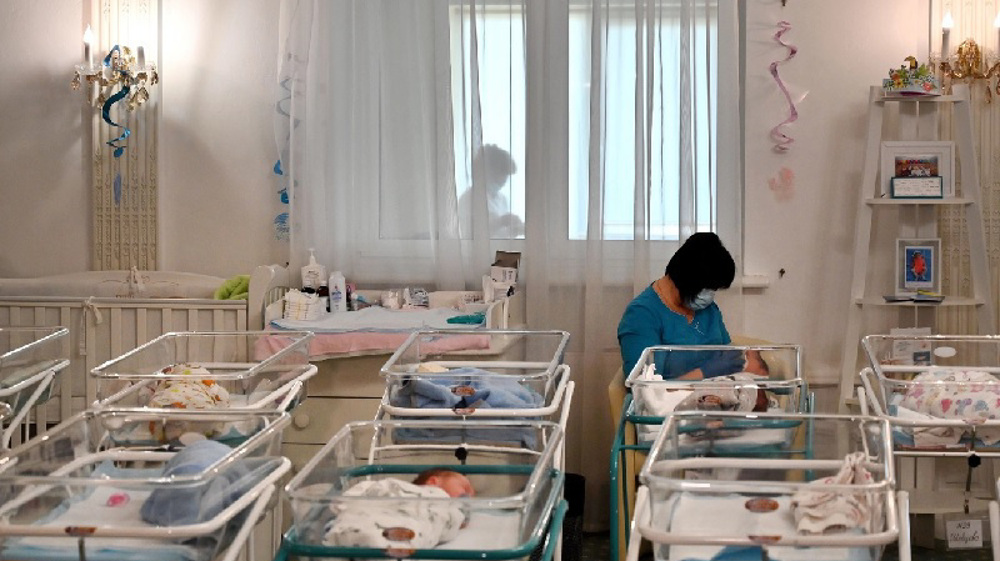
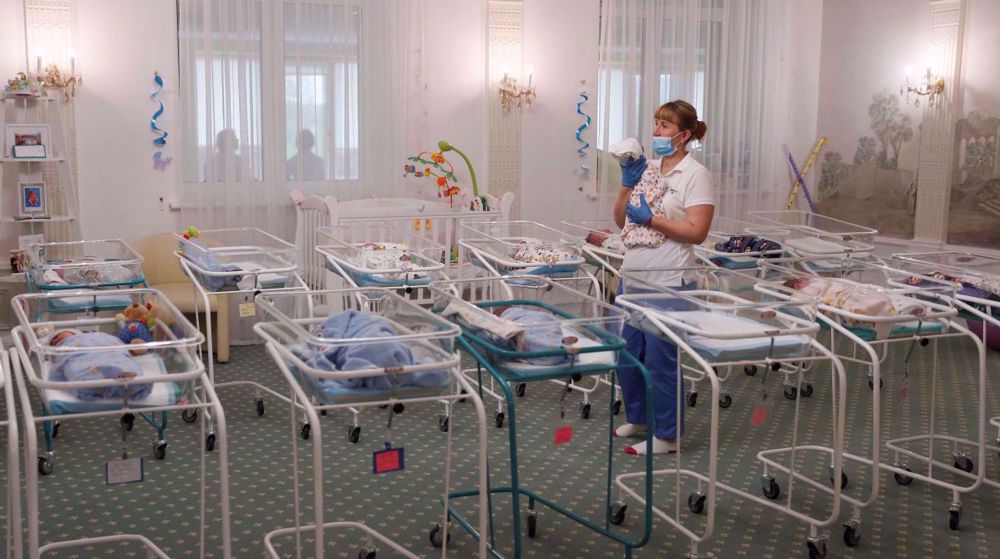

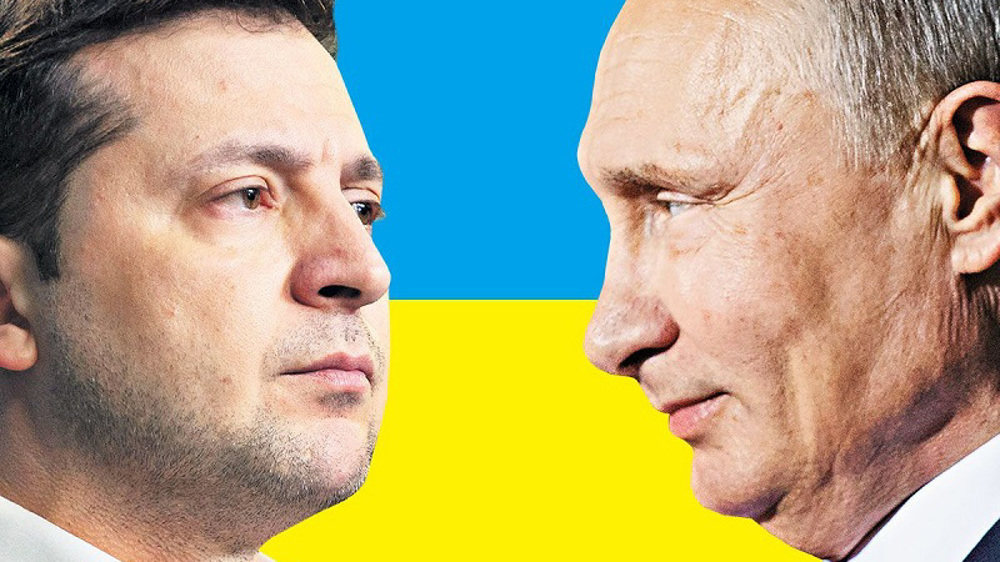



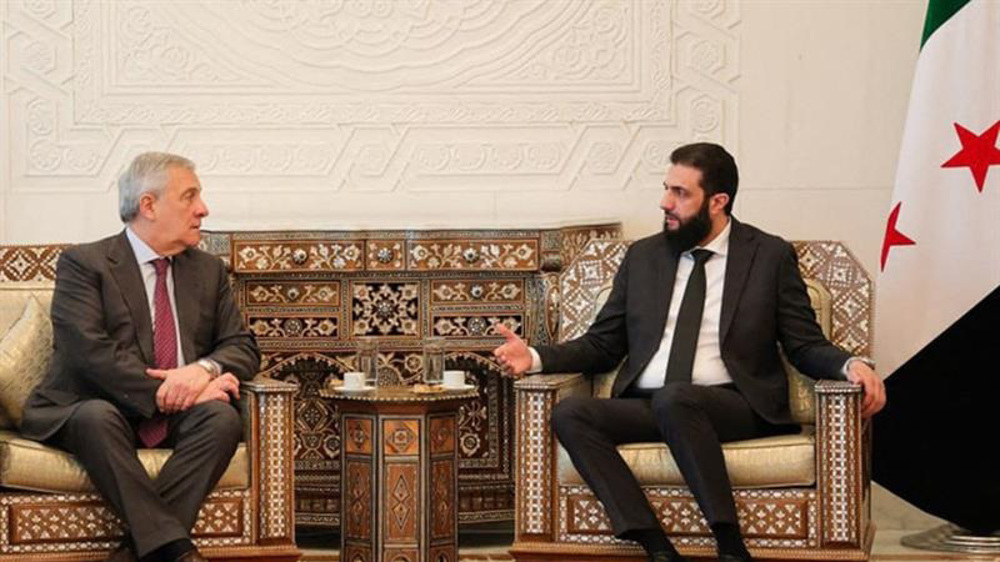




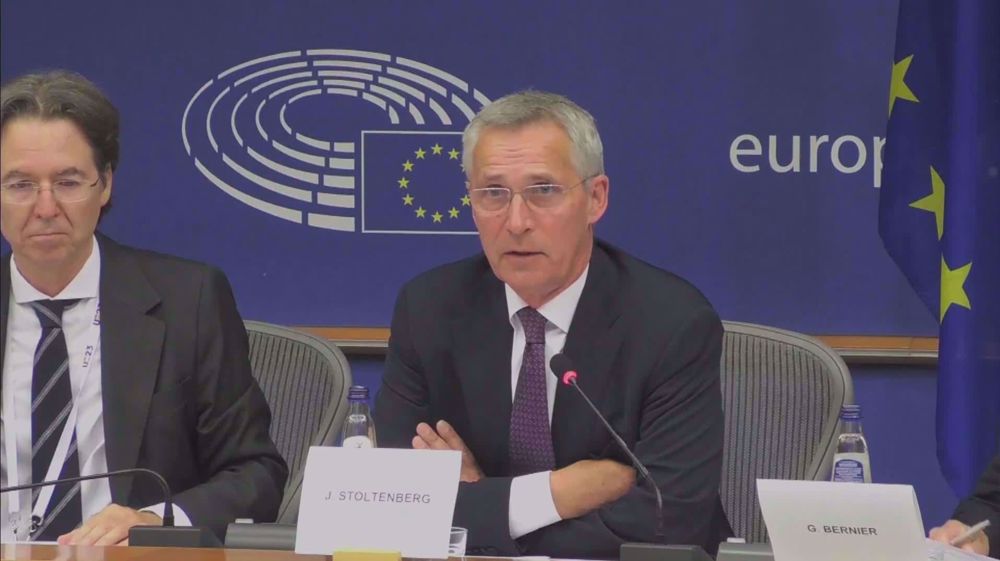
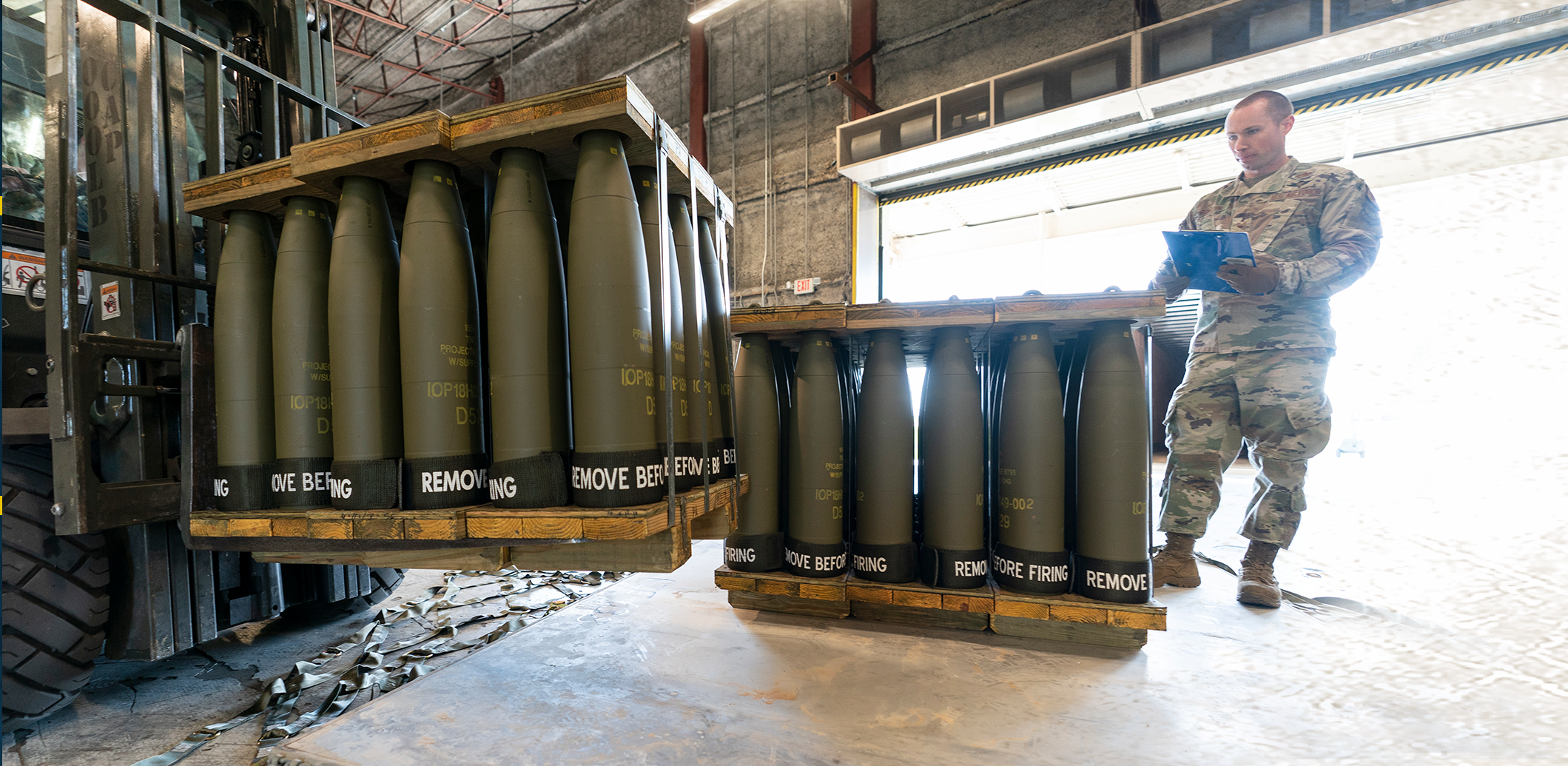
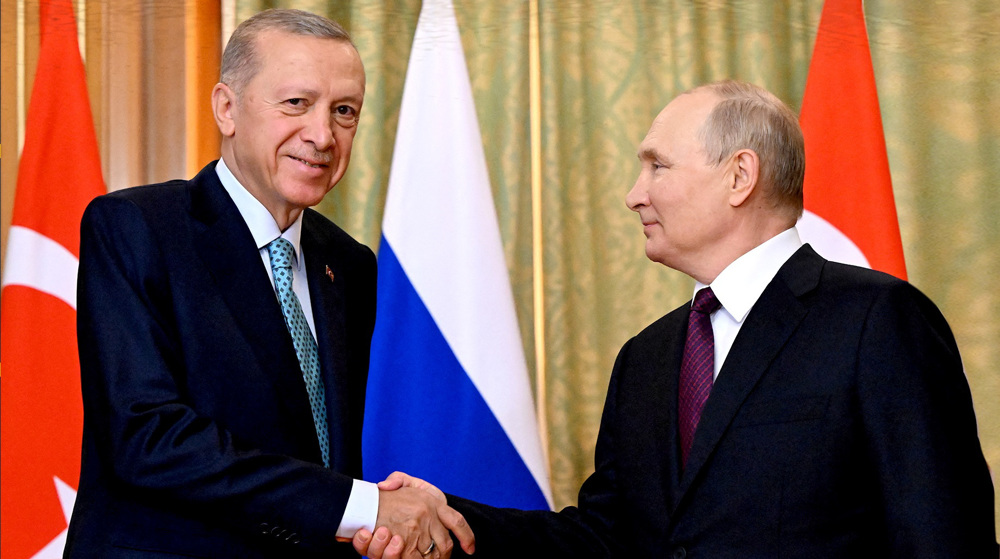
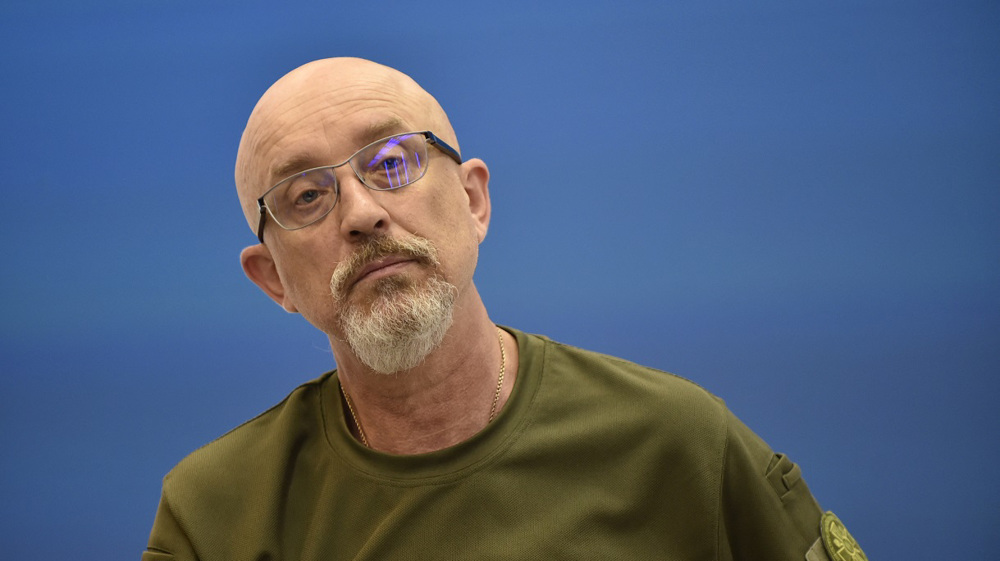

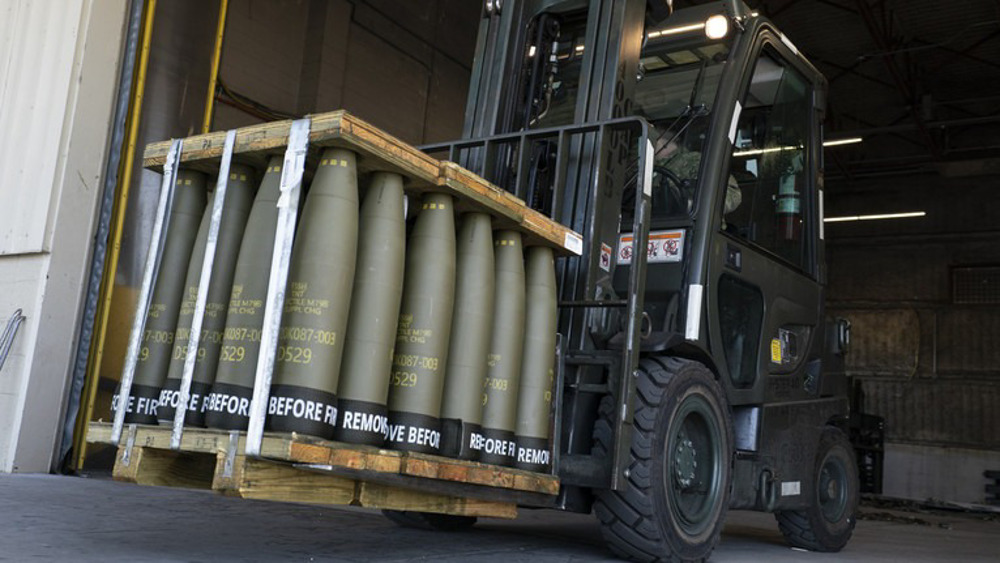

 This makes it easy to access the Press TV website
This makes it easy to access the Press TV website